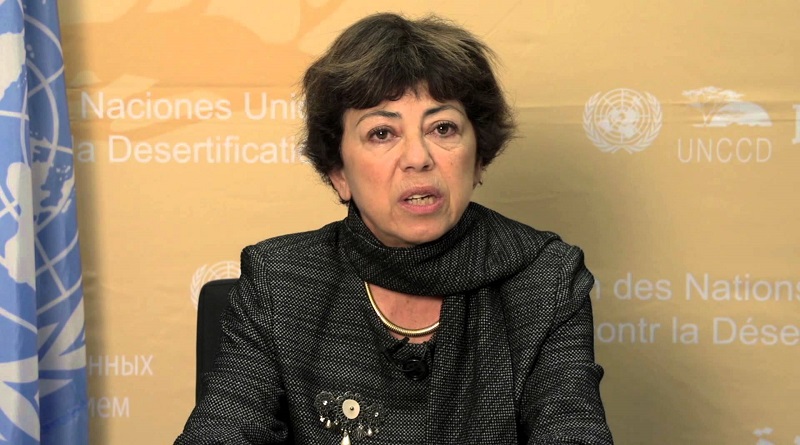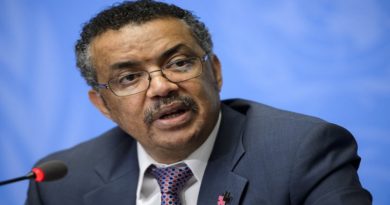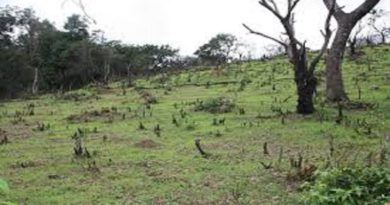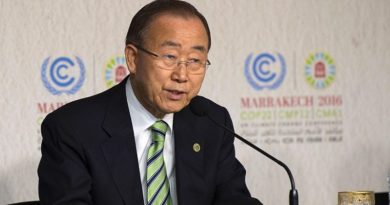UNCCD COP 13: Parties to decide on Strategic Framework to guide 2018-2030 plans
As the thirteenth session of the Conference of the Parties (COP 13), the sixteenth session of the Committee for the Review of the Implementation of the Convention (CRIC16), and the thirteenth session of the Committee on Science and Technology (CST13) opens on Wednesday September 6, 2017 at Ordos International Convention and Exhibition Center, Ordos, Inner Mongolia, China, Parties attending the meeting will decide on Strategic Framework that will guide the 2018-2030 action under the Convention. from 6-16 September 2017.
Its high-level segment is scheduled on 11 and 12 September 2017. Prior to that, the meetings of the Regional Implementation Annexes in the preparation for COP13/CRIC16/CST13 are scheduled on 4 and 5 September 2017.
At COP13, the Parties will decide on the Strategic Framework that will guide action under the Convention from 2018-2030.
Established in 1994, the United Nations to Combat Desertification (UNCCD) is the sole legally binding international agreement linking environment and development to sustainable land management. The Convention addresses specifically the arid, semi-arid and dry sub-humid areas, known as the drylands, where some of the most vulnerable ecosystems and peoples can be found. In the 10-Year Strategy of the UNCCD (2008-2018) that was adopted in 2007, Parties to the Convention further specified their goals: “to forge a global partnership to reverse and prevent desertification/land degradation and to mitigate the effects of drought in affected areas in order to support poverty reduction and environmental sustainability”
The Convention’s 195 parties work together to improve the living conditions for people in drylands, to maintain and restore land and soil productivity, and to mitigate the effects of drought. The UNCCD is particularly committed to a bottom-up approach, encouraging the participation of local people in combating desertification and land degradation. The UNCCD secretariat facilitates cooperation between developed and developing countries, particularly around knowledge and technology transfer for sustainable land management.
As the dynamics of land, climate and biodiversity are intimately connected, the UNCCD collaborates closely with the other two Rio Conventions; the Convention on Biological Diversity (CBD) and the United Nations Framework Convention on Climate Change (UNFCCC), to meet these complex challenges with an integrated approach and the best possible use of natural resources.




